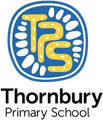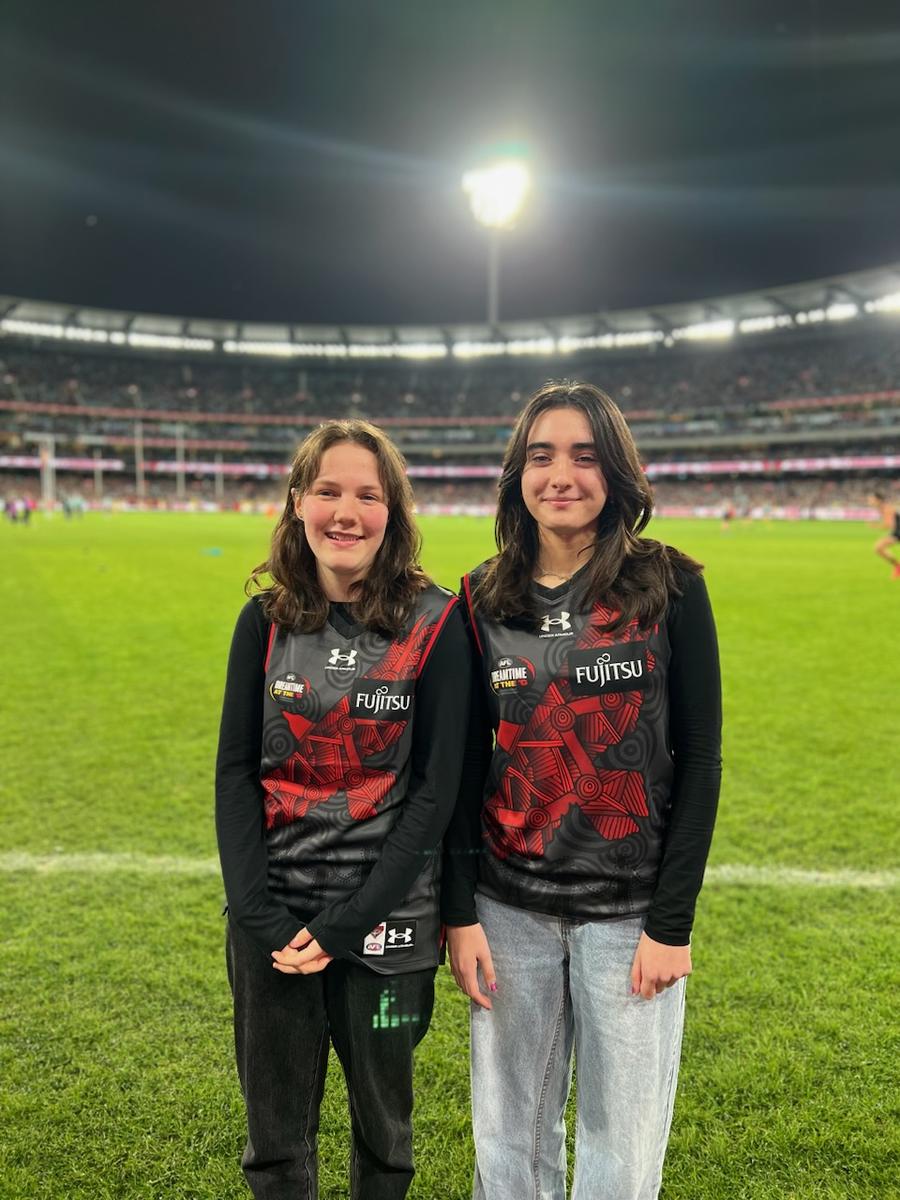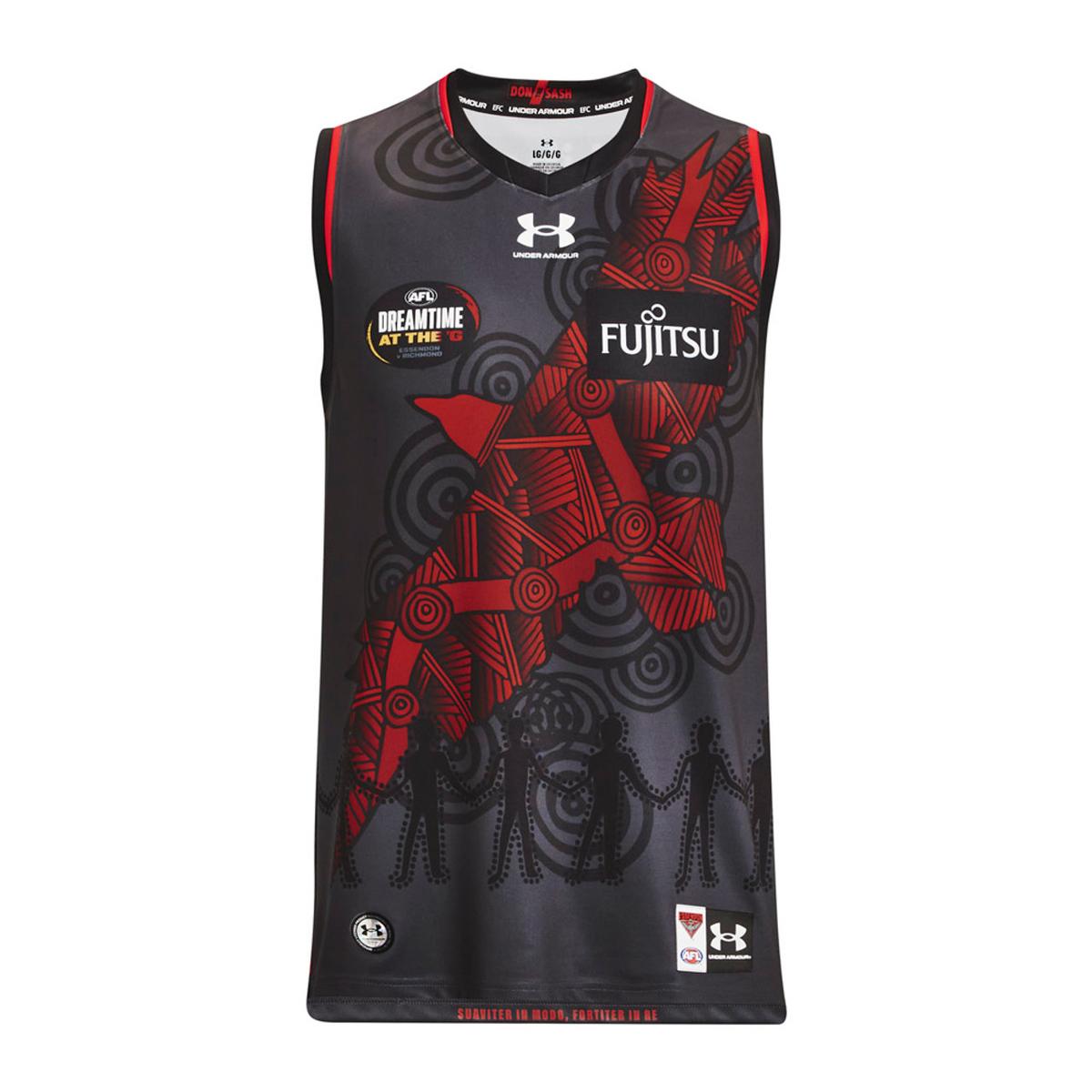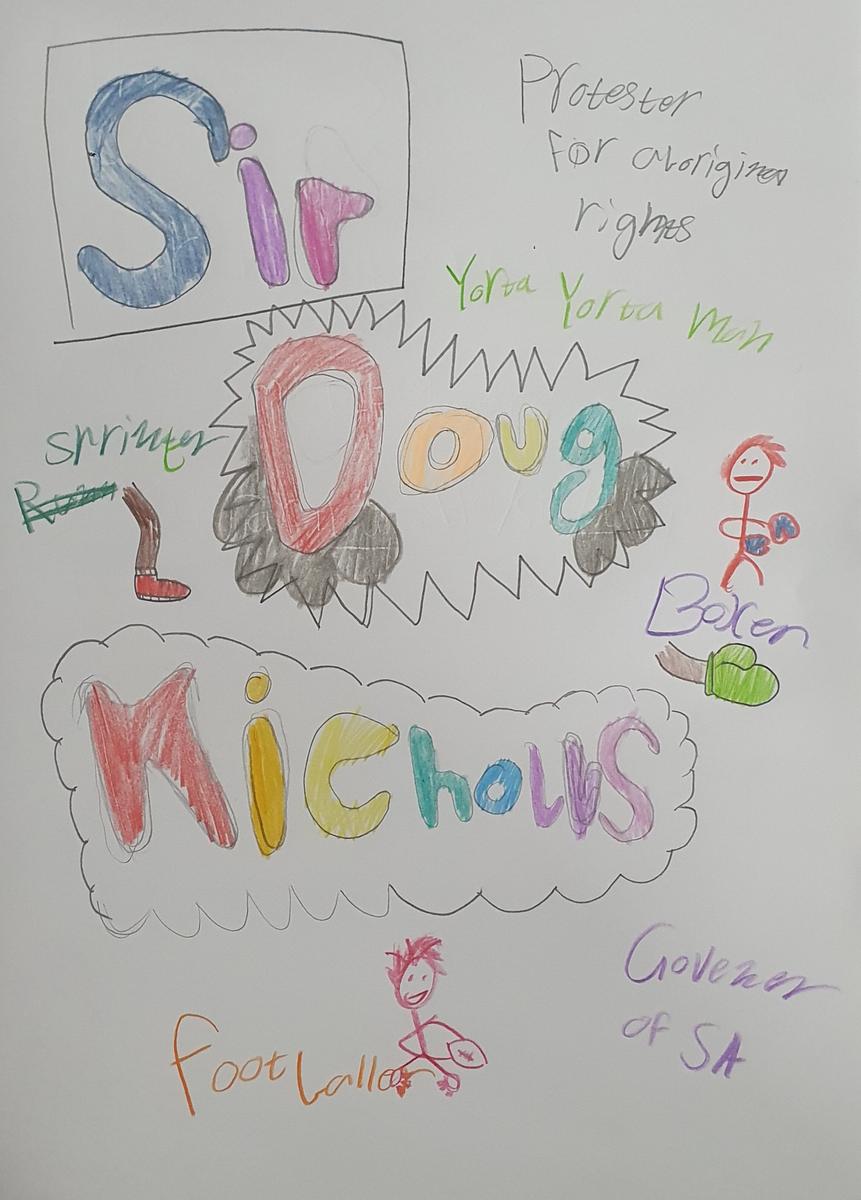Language & Culture Program
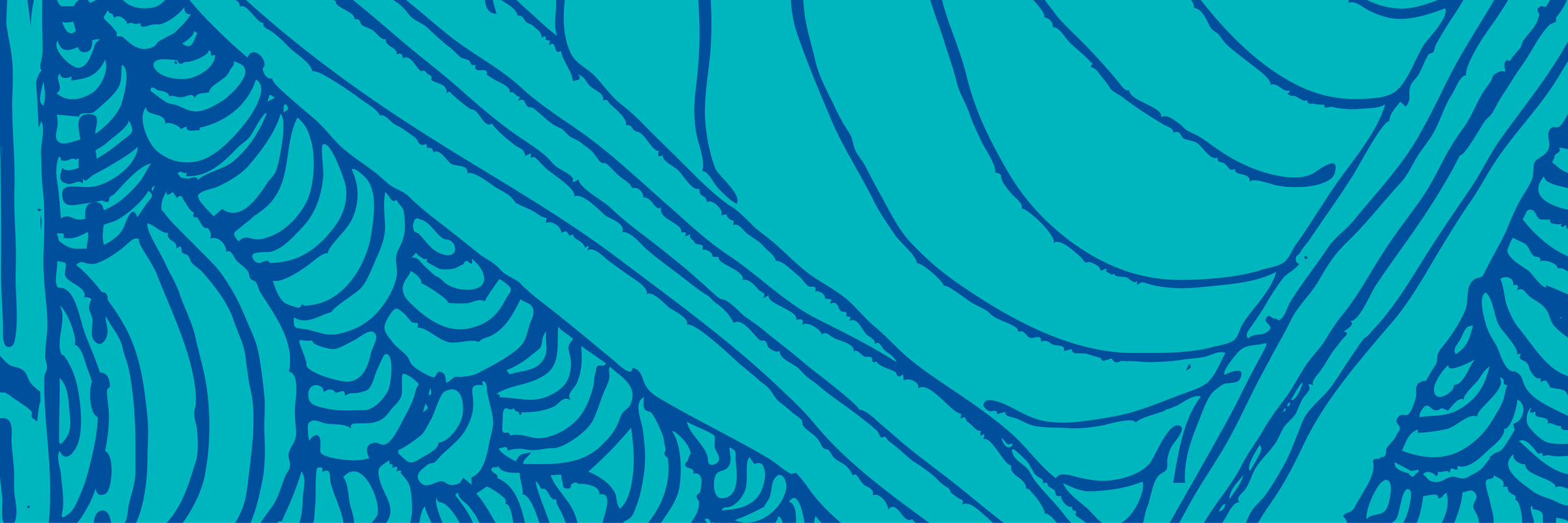
Kii, Deadly TPS community, biladu-njan wat/how are you all? And in the words of my Yawuru language...Ngaji gurrjin/Hello everyone!
During the last four weeks, time was devoted to learning about or deepening their knowledge of key topics such as:
- the Aboriginal football game of marngrook/mangurt which was played all year round. We discussed how the AFL is now acknowledging that its game of football has been influenced by the game of marngrook. The earlier, simpler game of Aussie rules football included rules to keep the ball in the air as much as possible, and to reward those who plucked it from the air. These aspects of AFL footy are very similar to marngrook, which involves two sides keeping a ball in the air as much as possible by kicking it from the hands, and then celebrating those who caught the ball. There’s even an Aboriginal word for the action of catching the ball - "mumarki". Does the English word for ‘marking’ a football come from this Aboriginal word?
- The history of the ‘Dreamtime at the G’ football match and the subsequent development of the ‘Indigenous Round’ that was later renamed as the ‘Sir Doug Nicholls Round’. Students had the opportunity to check out Essendon’s Indigenous footy jumper that was designed by two ex-TPS students, Jackie Sinclair and Momo Willcox. Momo had the honour of tossing the coin at the start of the recent ‘Dreamtime at the G’ game.
- Sir Douglas Nicholls, a proud Yorta Yorta man who was born in 1906 in Cummeragunja, NSW, and lived an incredible life. In his lifetime, he faced and overcame many challenges to have an amazing career as a professional sportsman and as a highly respected community leader. Sir Doug was a skilled footballer, boxer and sprinter. He played VFL football for Fitzroy. After his football career, Sir Doug went on to become a civil rights leader. Together with his wife, Lady Gladys Nicholls, they worked tirelessly to improve conditions for First Nations people in Melbourne, across Victoria and across Australia and achieved many things. He became the Governor of South Australia and was awarded a knighthood for his hard work. Sir Doug is hugely admired for being a man with strong values - great integrity to do the right thing by others, compassion for all people, perseverance and courage to fight for what he believed in, especially for his people.
- National Sorry Day and the Stolen Generations. The students all participated in a special assembly on Friday May 26 to commemorate this event and our First Nation community members who have been affected by the policies that led to the Stolen Generations.
- National Reconciliation Week and this year’s theme of ‘Be a Voice for Generations’. Students also learned about the significance of the two key dates that bookend this special week, and the topics of the 1967 Referendum and Eddie Mabo’s high court land rights win were discussed at varying depths, depending on year levels.
Foundation students continue to learn the sounds of Woiwurrung through hearing the language modelled, with lots of oral practice through repetition, games and songs, to develop correct pronunciation.
Students in Years 1-6 continue to develop their understanding and knowledge of the Woiwurrung sound and spelling system, and have completed assessment tasks set at their level, to determine their progress and ability to say, read and write Woiwurrung words.
They continue to practise greetings and introductions, basic conversation phrases and classroom commands. The last few weeks of term 2 will be devoted to strengthening and building on student vocabulary knowledge of Woiwurrung body part nouns, number words, family/people nouns.
Have a chat with your child/ren about what they are learning.
Twaganin (Woiwurrung) Galia (Yawuru) / See you later!
